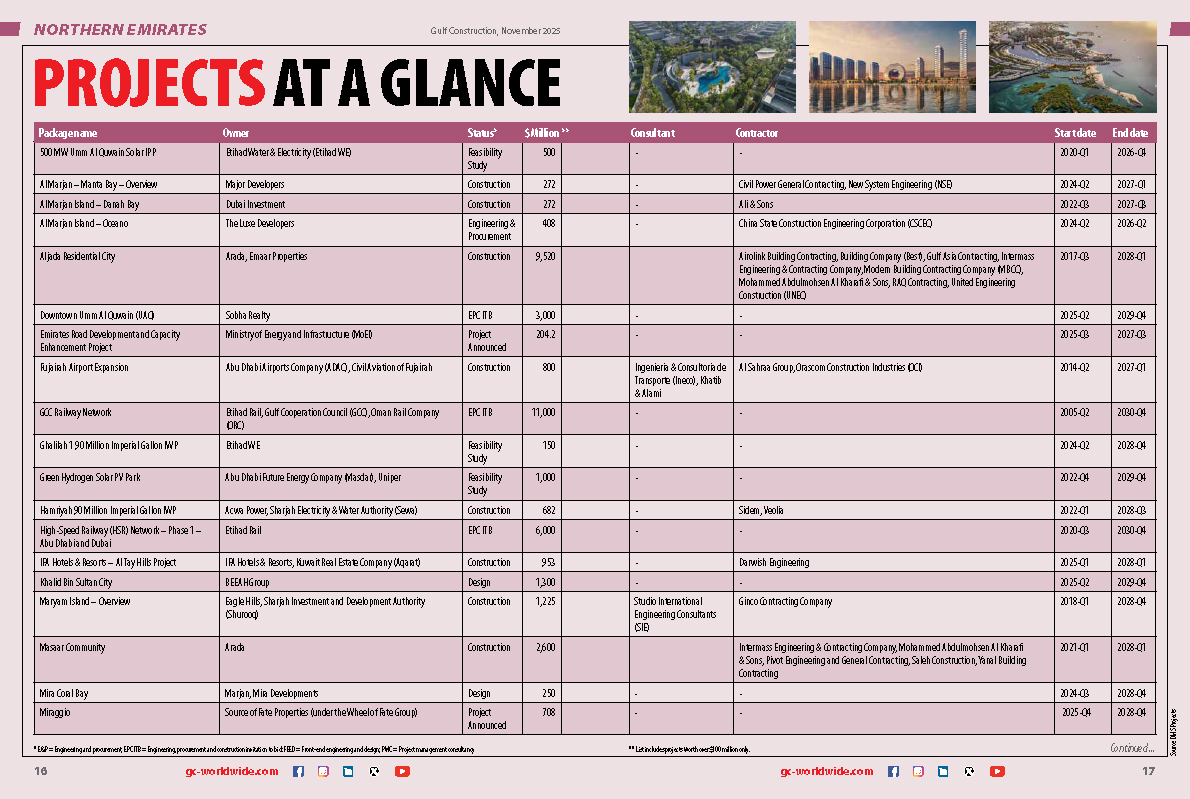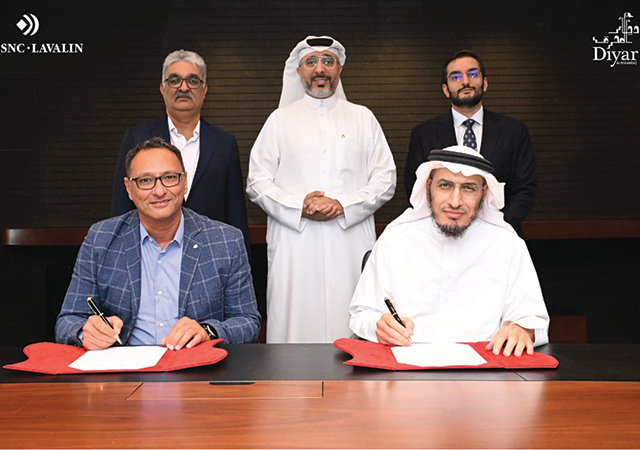
 Jordan
Jordan
Construction being what it is (expensive), it’s natural to expect that parties will take extra care in formalising their agreements. That’s the theory anyway. We have looked before at the risk of creating contracts inadvertently through letters of intent and similar instruments. Today we’ll look at an English Law dispute about some exchanges on WhatsApp, and we’ll consider whether Middle Eastern legal principles would have brought a different outcome.
Here’s the background: a property developer, Jaevee Homes Ltd (“Jaevee”) began discussions with Steve Fincham, trading as Fincham Demolition (“Fincham”) about some demolition works at premises in Norwich, England. They initially discussed the terms by email but no contract was concluded. Then, on May 17, 2023, the following WhatsApp exchanges took place between Ben James of Jaevee and Steve Fincham:
Steve: “Hi Ben How did you get on mate is the job mine mate”
Ben: “Can you start on Monday?”
Steve: “I can start with getting the scaffolding sorted and stuff on Monday mate but men will start the following Monday Tom needs to get the scaffolders there on Monday too mate to alter the scaffolding with ladder beams above the door way and make gates into the hoarding to get the equipment in He will know what we are talking about mate Appreciate this work I really do Ben”
“Ben. Are we saying it’s my job mate so I can start getting organised mate”
Ben: “Yes” “Monthly applications”
Steve: “Are you saying every 28 or 30 days from invoice that’s a yes not on draw downs then good d) call you at 8.30 mate Thanks mate appreciated Ben”
Ben: “OK”
On May 26, 2023, Jaevee sent documents to Fincham, including a purchase order stating the price at £248,000 ($334,000) and subcontract conditions which prescribed a process for monthly invoicing. Fincham did not agree, reject or in any other way acknowledge receipt of those documents, but proceeded with the works.
Fincham sent four invoices between June 9 and July 27, totalling £195,857.50 plus VAT. Jaevee disputed the validity of these invoices due to their frequency not being monthly and non-compliance with the subcontract invoicing procedure. Jaevee paid £80,000 but refused to pay more, and they purported to terminate the contract, so the matter went into dispute.
Fincham obtained an award in adjudication for the outstanding sum; the adjudicator having decided that the contract was formed in the WhatsApp exchanges and had no provision on monthly invoicing, only for payment within 28-30 days of invoicing. Jaevee refused to pay the award and brought the matter to court, asking for a declaration that the contract was formed on the subcontract terms sent April 26; alternatively, that the contract was formed through various exchanges (including the emails prior to the WhatsApp exchanges) and included the restriction of monthly invoicing.
In support of its primary case, Jaevee argued that the parties did not, on May 17, 2023, agree minimum terms essential to contract formation including start date, completion date or payment terms.
The Technology and Construction Court disagreed. It found that the contract was formed in the above WhatsApp messages, specifically:
Steve: “Ben Are we saying it’s my job mate so I can start getting organised mate”
Ben: “Yes”
The court found that the parties had reached agreement on the essential terms of works scope and price. They had also agreed a start date (“Monday” being mentioned) although that was not an essential term. In the absence of an express completion date, the obligation is to complete within a reasonable time.
The court did however decide, unlike the adjudicator, that monthly invoicing had been agreed; which illustrates the challenge in working out the terms of an informally-made contract. The court and the adjudicator agreed about the point at which the contract was formed but they had different views about what terms had been agreed at that moment.
So the contract was formed before Jaevee’s subcontract terms had been tabled. Whilst it could have been Jaevee’s intention all along to formalise the contract on those terms later on, that intention was not reflected in their WhatsApp communications.
This is another reminder of the English Law approach to contract formation; addressing the substance of the exchange rather than the medium. Aside from a few specific types of contract, no particular formality is required to conclude contract terms.
Would this be different in the Middle East? Not substantially. As an example, the UAE Civil Code (Article 131) provides that offer and acceptance of terms are all that are needed to form a binding contract. And Article 132 expressly recognises contracts formed by verbal exchanges or by actions indicating assent. Courts will consider all the available evidence including the conduct of the parties, to decide whether a contract was formed.
As with English Law, there are exceptions for certain types of contract. And, in order to be valid, any contract must be for a lawful purpose.
So we are reminded again of the need to be clear in contract negotiations. If you don’t intend to be bound until formal contract execution, you need to say so.
* Dubai-based Stuart Jordan is the Global Head of Construction for Baker Botts, a leading international law firm. He has extensive experience in the Middle East, Russia and the UK.













(5).jpg)








.jpg)



















































